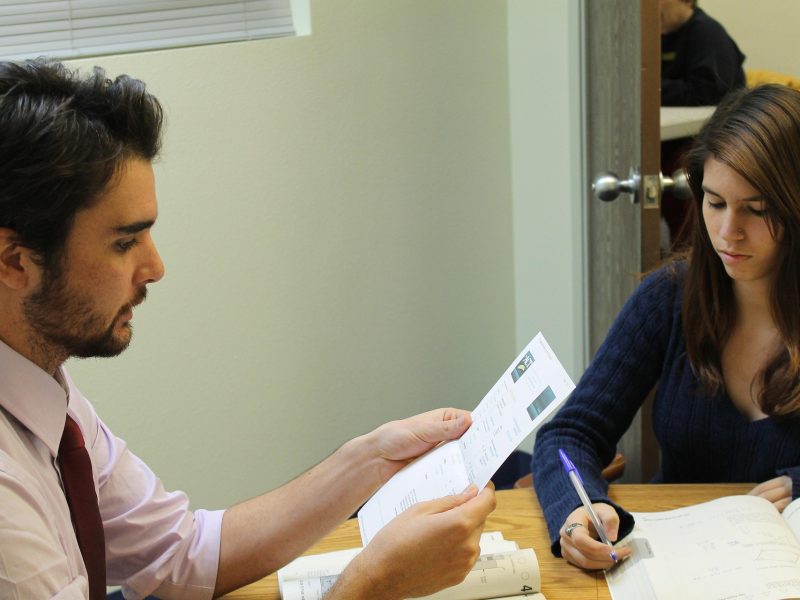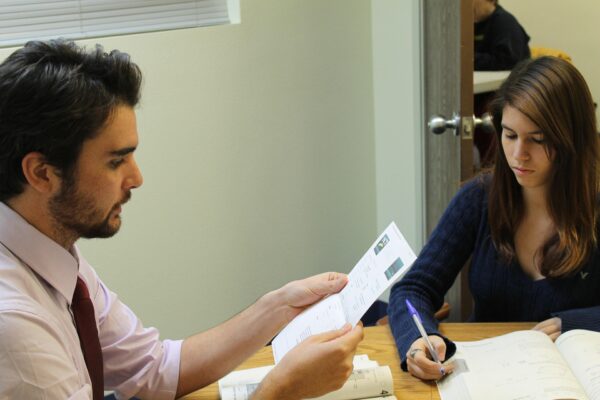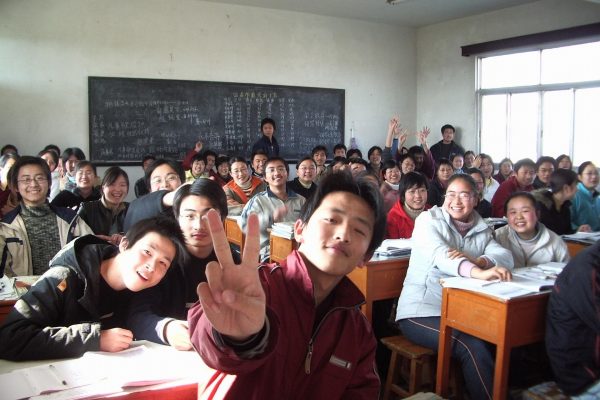The structured rhythm of the boarding school week (see A Day in the Life), packed with classes, sports, and study halls, often leads parents and prospective teachers to wonder: what happens when the weekend arrives? Is it a time of strict continuation, or does the atmosphere shift? Do students have opportunities for genuine fun, relaxation, and exploration outside the demanding academic schedule? For parents entrusting their children to a residential environment, understanding boarding school weekend life is crucial for peace of mind. For educators, it offers insight into the holistic student experience. Far from being monotonous or overly restrictive, weekends at boarding school are typically a vibrant blend of planned activities, social opportunities, and essential downtime, carefully curated to enrich student life. This post explores the “weekend wonders” of boarding school, revealing what students really do for fun and personal growth when classes are out.
The Weekend Structure: Balancing Freedom and Supervision
Unlike the highly scheduled weekdays, boarding school weekends offer a noticeable shift in pace, incorporating more flexibility while maintaining a necessary level of structure and supervision. The exact schedule varies, but typically, Saturdays might involve morning commitments – perhaps a shorter academic block, mandatory sports practices or games against other schools, or special workshops. However, Saturday afternoons and Sundays are generally reserved for a wider range of optional activities and personal time.
This balance is intentional. Boarding schools aim to provide students with opportunities to relax, socialize, pursue personal interests, and develop independence in managing their free time, all within a safe and supportive environment. Dorm parents, resident advisors, and faculty members remain present and involved, organizing events, chaperoning trips, and ensuring student well-being. As research from institutions like Fay School highlights, the goal is to offer a rich tapestry of options that cater to diverse interests, preventing boredom while still allowing students agency in choosing how they spend their time. This supervised freedom helps students learn responsibility and decision-making skills, crucial for their transition to college and adulthood (see Developing Independence).
On-Campus Activities: A Hub of Social Life and Fun
Boarding school campuses often transform into lively hubs of activity during the weekend. Schools leverage their facilities and community spirit to offer a plethora of on-campus weekend events. These activities provide convenient, accessible fun and foster a strong sense of community among students who remain on campus.
Common offerings include:
- Social Events: Dances, themed parties, movie nights under the stars or in common rooms, trivia competitions, karaoke nights, and board game tournaments are popular ways for students to socialize and unwind.
- Arts and Culture: Workshops in visual arts or crafts, open mic nights, student talent shows, guest performances (musicians, speakers, comedians), and film screenings cater to creative and cultural interests.
- Recreational Sports: Casual pick-up games (basketball, soccer), open gym or pool hours, rock climbing wall access, or organized fun runs allow for physical activity without the pressure of formal team commitments.
- Relaxation and Wellness: Yoga or meditation sessions, cooking classes, or simply designated quiet time in common areas or libraries allow students to de-stress and recharge.
- Academic Enrichment (Optional): Some schools might offer optional SAT prep sessions, college application workshops, or guest lectures on specific academic topics.
These on-campus events are crucial for building camaraderie and ensuring that students who stay on campus have plenty of engaging options. They provide safe, supervised environments for students to interact, build friendships (explore Building Lifelong Friendships), and simply have fun after a demanding week.
Off-Campus Adventures: Exploration and New Experiences
Recognizing the importance of experiencing the world beyond the campus gates, most boarding schools organize a variety of off-campus weekend trips and excursions. These supervised outings offer students opportunities for cultural enrichment, entertainment, and a change of scenery. The types of trips often depend on the school’s location and resources, but common examples include:
- Cultural Outings: Visits to museums, art galleries, historical sites, theaters for plays or concerts, and attendance at local festivals or events in nearby cities or towns.
- Entertainment Trips: Excursions to amusement parks, professional sporting events, shopping malls, cinemas, bowling alleys, or popular restaurants.
- Outdoor Adventures: Depending on the region and season, trips might involve hiking, skiing or snowboarding (as mentioned by Orah regarding winter activities), kayaking, visits to beaches or lakes, or camping excursions.
- Community Service: Organized volunteer opportunities with local charities or community projects allow students to engage with the wider community and develop a sense of social responsibility.
These trips are typically optional, requiring sign-ups, and are chaperoned by faculty or staff. They provide valuable real-world experiences, broaden students’ horizons, and offer memorable bonding opportunities. For parents, knowing that their child has the chance to explore the local area and participate in diverse, supervised activities can be very reassuring. It demonstrates the school’s commitment to providing a well-rounded experience that extends beyond the academic curriculum.
Downtime and Personal Pursuits: The Importance of Unstructured Time
Amidst the organized activities and trips, boarding school weekends also intentionally incorporate unstructured downtime. This is essential for students’ well-being, allowing them to rest, recharge, and pursue personal interests independently. Students need time to simply relax, catch up on sleep, connect with family via phone or video calls, do laundry, manage personal errands, or socialize informally with friends in the dorms or around campus.
This unstructured time, while supervised within the campus environment, is crucial for developing self-management skills. Students learn to balance their desire for relaxation and socializing with personal responsibilities like homework completion or room tidiness. It allows for spontaneous interactions, quiet reflection, or simply the freedom to read a book, listen to music, or pursue a personal hobby. Schools like Fessenden emphasize the importance of this balance, ensuring weekends feel less regimented than weekdays while still providing a supportive framework. This autonomy within a structured environment is key preparation for the greater independence students will encounter in college.
The Role of Faculty and Community
Weekend life at boarding school is significantly shaped by the involvement of faculty and staff. Many teachers and administrators live on or near campus, often residing in dormitories as dorm parents or advisors. Their presence provides not only supervision but also mentorship and a sense of family. Faculty members frequently chaperone trips, run activities, open their homes for informal gatherings, or simply share meals with students in the dining hall.
This integration of faculty into the residential and social aspects of student life is a hallmark of the boarding school model. It fosters stronger relationships and provides students with accessible adult role models outside the classroom. The sense of community is palpable, with students forming close bonds with peers from diverse backgrounds through shared experiences, both planned and spontaneous. Weekends are a prime time for this community spirit to flourish, creating a supportive and engaging home-away-from-home environment.
Conclusion: Vibrant, Balanced, and Enriching Weekends
Weekends at boarding school are far from dull or overly restrictive. They represent a dynamic blend of structured opportunities and personal freedom, designed to complement the academic rigor of the week. From exciting on-campus events and off-campus adventures to essential downtime for relaxation and personal pursuits, students have a wealth of options to engage their interests, build friendships, and develop crucial life skills like time management and independence. The consistent presence and involvement of faculty ensure a safe, supportive, and community-focused environment.
For parents, understanding the vibrant reality of boarding school weekend activities can alleviate concerns about their child feeling isolated or bored. It highlights the school’s commitment to holistic development and student well-being. For teachers, weekends offer unique opportunities to connect with students beyond academics, contributing to the rich tapestry of mentorship and community that defines the boarding school experience. These “weekend wonders” are integral to shaping well-rounded, engaged, and happy students.











